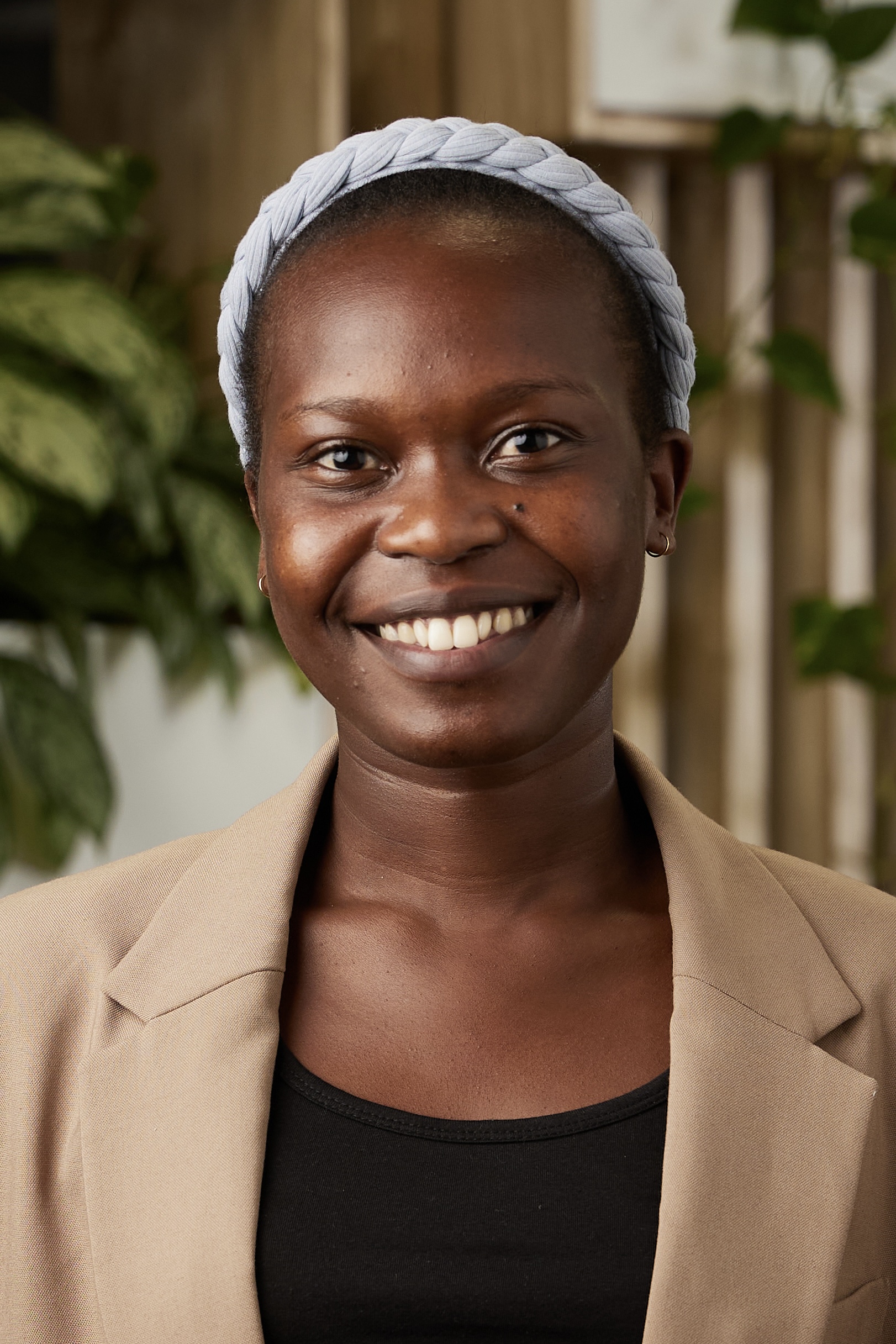Circle City Scan Tool
Accra is a pilot city
Involved as a Circle City Scan Tool pilot city, identifying priority areas of intervention and planning actions.
Recently, food services, manufacturing, trade, transport, agriculture and fisheries have been identified as sectors of opportunity for circular economy interventions with support from ICLEI experts. Two key strategies were identified as potential entry points into the circular economy for Accra: Valorising waste through energy recovery and Promoting industry collaboration and industrial symbiosis.




